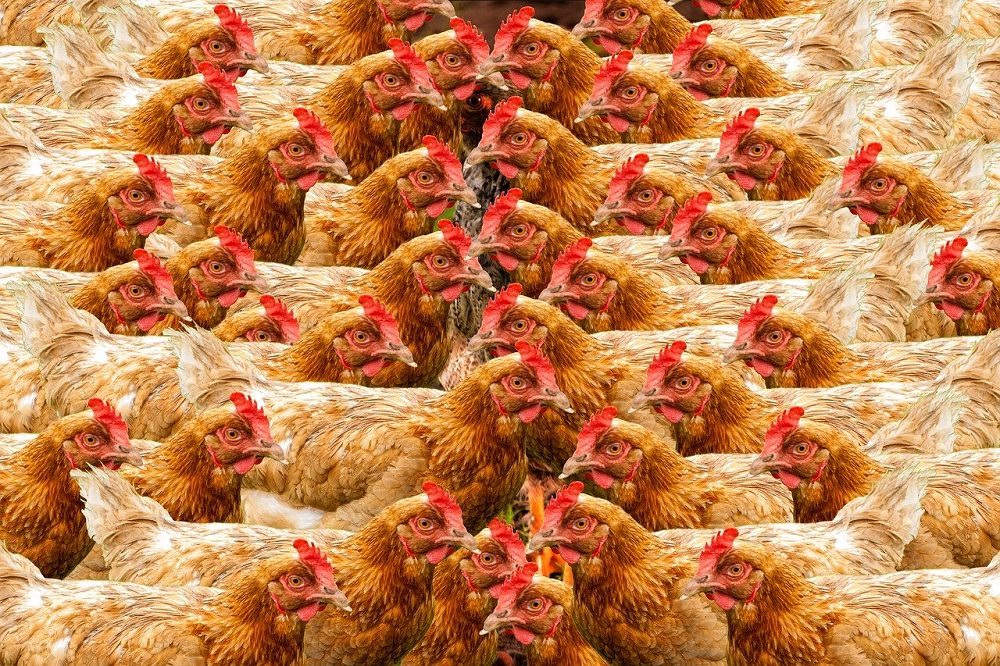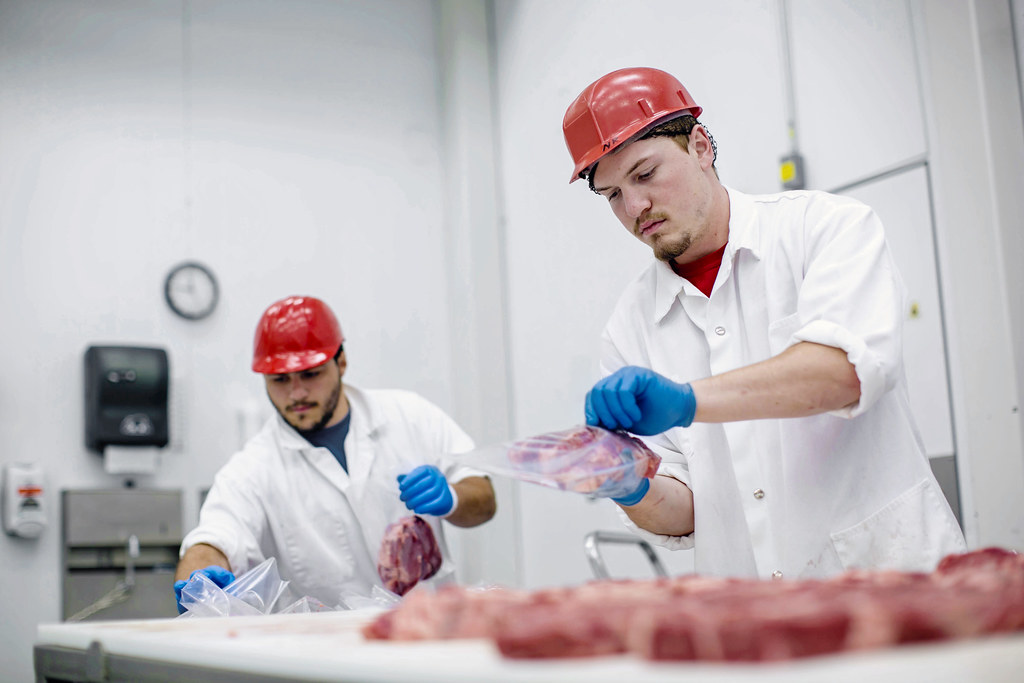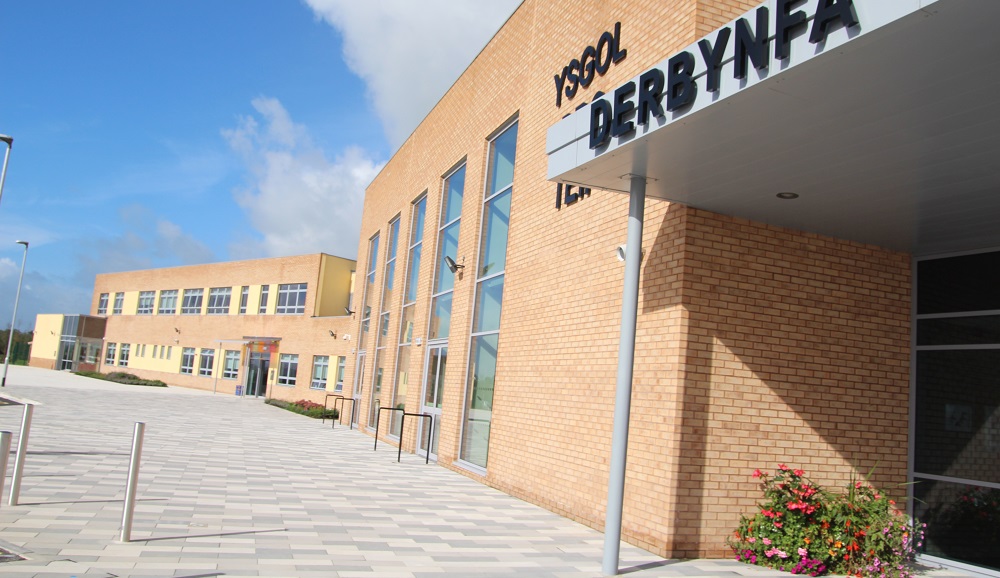Senedd roundup: First Minister defends sending untested patients to care homes

First Minister Mark Drakeford has defended the Welsh Government’s decision to discharge asymptomatic hospital patients back into care homes without testing them for Covid-19 during the early weeks of the outbreak in Wales.
Care Forum Wales described the actions as turning “safe havens into coronavirus warzones” as thousands of patients were discharged to hospitals without being tested.
The latest figures suggest there have been a total of 654 Covid-19 deaths in care homes, just over 28% of all coronavirus deaths in Wales, but Care Inspectorate Wales reports 2,937 total deaths in care homes since 1 March, 86% higher than for the same period last year, and 54% higher than for the same period in 2018.
Speaking at Monday’s coronavirus press briefing Mr Drakeford said ministers did not have “the virtue of hindsight” when they had to make decisions over how to deal with the outbreak and followed the advice that was available at the time.
“Early on, the advice to was test symptomatic people, anybody who had symptoms were tested before they left hospital, and the advice early on was that the testing of people without symptoms would not have given useful outcomes,” he said.
“When the advice changed, we changed the practice.
“We changed practice probably three times during the coronavirus crisis in relation to care homes and whenever the advice changed, that’s what the government did.”
One new coronavirus death has been confirmed in Wales in the last 24 hours. Total deaths since the start of the outbreak in March are 1,478.
Public Health Wales also announced 71 new cases. There have now been 15,197 people who have tested positive for Covid-19.
Across Wales 2,722 tests were conducted yesterday.

Plaid Cymru warns of farmers being sacrificed to secure trade deals
Plaid Cymru has warned the UK government that Welsh farmers must not be sacrificed to secure post-Brexit trade deals.
The Westminster Government had said that it will not lower food standards for UK producers but legal protections for food standards have not been included in the Agriculture Bill or the Trade Bill, both of which are currently being debated by lawmakers, leading to growing speculation that they will allow lower quality imports to be sold in the UK as a part of the scramble to secure trade deals after leaving the EU.
The second round of trade talks between the US and the UK has just been concluded.
The Consumers Association has highlighted concerns about cheap hormone-treated beef, pork and chlorinated chicken from the US in particular, flooding the UK market if the trade deal gets the green light and the National Farmers Union has launched a campaign calling for the government to uphold current standards in law.
Plaid Cymru’s agriculture spokesman in Westminster Ben Lake says existing high-quality food standards should be maintained for all products imported to the UK, and claims the Westminster Government looks like it is “pulling the rug from under farmers and the consumer”.
Mr Lake said: “It is becoming increasingly clear that the UK Government is willing to trade away the future of our rural economy in return for a few quick trade deals that will provide little if any benefit to Welsh consumers or producers.
“Wales has world-leading farmers producing food and drink to the highest standards, and so it would be unforgivable if the UK Government were to let cheaper, low-quality imports to undermine not only their efforts but their livelihoods too.
“Any food imports must adhere to our high standards: to allow otherwise would undermine the future of Welsh agriculture.”

Union calls for talks over food processing virus outbreak
The trade union Unite is calling for a crisis meeting with the Welsh Government to discuss the Covid-19 outbreak at two food production facilities in Wales.
Last Friday it was confirmed there were outbreaks of the virus at both 2 Sisters in Llangefni and Rowan Foods in Wrexham.
So far 158 workers at 2 Sisters have tested positive for Covid-19. All staff are self-isolating, and the factory has closed as workers continue to be tested.
In Wrexham, 38 staff tested positive at Rowan Foods.
Food processing plants around the world have been hit disproportionately during the current pandemic. In the US up to 25,000 meat and poultry workers are reported to have contracted Covid-19 with at least 91 deaths.
The confined working conditions and long periods spent by workers in close proximity mean meat factories are at substantially heightened risk of spreading the coronavirus through human-to-human transmission.
Peter Hughes, Unite Wales Regional Secretary said: “These significant coronavirus outbreaks are extremely concerning for our members at both 2 Sisters and Rowan Foods, and indeed for any worker employed in the food production sector in Wales. Clearly food production is especially susceptible to Covid19 outbreaks, as these cases and those across the UK and the wider world reflect.
“We are calling upon Welsh Government to convene a crisis meeting of Wales key food sector employers and trade unions to ensure everything is being put in place to protect staff and prevent the spread on the virus to the wider community.”

Government accused of forcing councils to take the heat over schools decision
Welsh Conservative Shadow Education Minister, Suzy Davies MS, has criticised the government for giving local authorities the final decision on when schools in Wales break for the summer holidays.
Schools are due to reopen next week after being closed to most students since the coronavirus lockdown was introduced in March.
Education Minister Kirsty Williams originally indicated that the requirement was for schools to open for four weeks to allow all pupils the opportunity to attend before the summer break but teaching union are concerned that extending the term by a week could causes major problems relating to staff contracts.
Some unions representing support staff have also questioned the safety and practicality of the proposal and warned there may not be enough cleaners and teaching assistants to enable schools to open for an extra week.
Last week a spokesman for the government said that decisions over term dates were “best taken by local authorities and governing bodies, as they are better placed to understand their local circumstances”.
Cardiff, Newport, Monmouthshire, Caerphilly and Blaenau Gwent, Ceredigion and Wrexham have now said their schools will finish on the original end of term 17 July date, three weeks after reopening
Pupils on Anglesey are now not expected to return to school at all before the summer as the council copes with a coronavirus outbreak on the island.
Conwy Council has announced that schools will return for the full four weeks. Some councils have not yet commented.
The shadow minister said: “After following their normal process of dither and delay the Labour-led Welsh Government has given up on leadership altogether now.
“Instead of making the tough decisions and giving some leadership to schools, parents and students the Welsh Government has pushed this decision onto councils, forcing them to take the heat.”
“Bailing on this decision and leaving councils to battle the unions doesn’t look like championing children’s rights to me.”
Support our Nation today
For the price of a cup of coffee a month you can help us create an independent, not-for-profit, national news service for the people of Wales, by the people of Wales.




